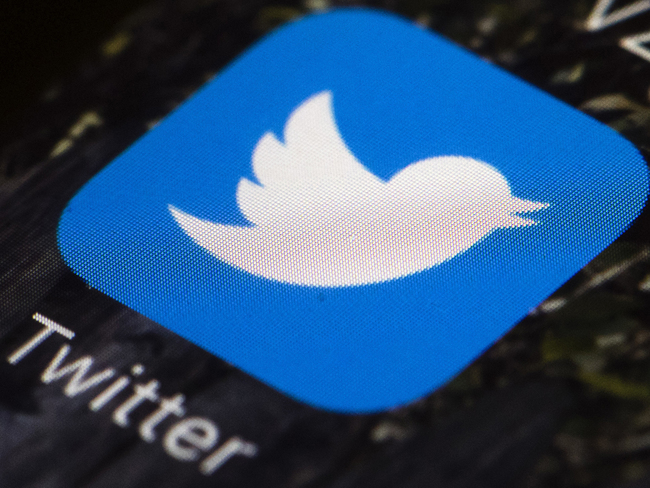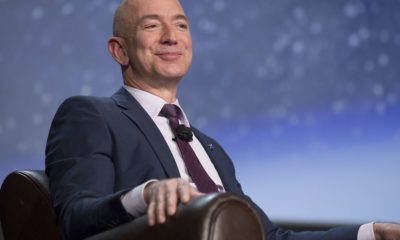Tesla owner and world’s richest man, Elon Musk has revealed that he put the deal to buy Twitter on hold following the report he received on the number of fake or spam accounts on the microblogging platform.
“Twitter deal temporarily on hold pending details supporting calculation that spam/fake accounts do indeed represent less than 5% of users,” Musk tweeted on Friday.
However, the American billionaire reassured his commitment to buy the social media platform.
Investors King gathered that Elon Musk has been expected to take full ownership of Twitter after paying a sum of $44bn (£35bn) to buy one of the biggest social media platforms.
Reports have it that Elon may be looking forward to renegotiate the price of Twitter, or even take a walk away from its ownership, after the new revelation.
According to Dan Ives, a tech analyst at investment firm Wedbush Securities, the implication of this is that the share price of Twitter dropped by 10 per cent in trading on Friday morning in New York, USA.
“Musk’s comments would send this Twitter circus show into a Friday the 13th horror show. Many will view this as Musk using this Twitter filing/spam accounts as a way to get out of this deal in a vastly changing market.
“The nature of Musk creating so much uncertainty in a tweet is very troubling to us. And now sends this whole deal into a circus show with many questions and no concrete answers as to the path of this deal going forward,” he stated in a note.
In contrast, Tesla’s share price gained more than 5%, after Musk tweeted that the deal was temporarily on hold.
Twitter has long faced accusations of not doing enough to address automated, fake accounts posting content, thus introducing the verification icon.
“In a filing more than two weeks ago, Twitter estimated that fake accounts accounted for fewer than 5% of its daily active users during the first three months of this year. It cautioned that the figures were based on estimates and could be higher,” Reuters had reported.
In view of this, an analyst at Hargreaves Lansdown Susannah Streeter has revealed that the number of spambots on the service is a key statistic, as a higher than expected figure could hurt the ability to grow advertising revenue or paid-for subscriptions.
She said: “There will also be questions raised over whether fake accounts are the real reason behind this delaying tactic, given that promoting free speech rather than focusing on wealth creation appeared to be his primary motivation for the takeover”.
She further noted that the $44bn price tag is huge, and it may be a strategy to row back on the amount Musk is prepared to pay to acquire the platform.
“Last month, he raised $8.5bn by selling shares. He also planned to use the shares to secure $6.5bn in loans,” she concluded.
Investors King had earlier reported that two of the top executives of Twitter, Kayvon Beykpour and Bruce Falck were relieved of their positions.
While Beykpour led Twitter’s consumer division Bruce Falck was in charge of the revenue division.




 Forex3 weeks ago
Forex3 weeks ago




 Naira2 weeks ago
Naira2 weeks ago
 Billionaire Watch2 weeks ago
Billionaire Watch2 weeks ago




 Naira2 weeks ago
Naira2 weeks ago




 Naira4 weeks ago
Naira4 weeks ago




 Naira2 weeks ago
Naira2 weeks ago


 Naira7 days ago
Naira7 days ago
 Banking Sector4 weeks ago
Banking Sector4 weeks ago

















